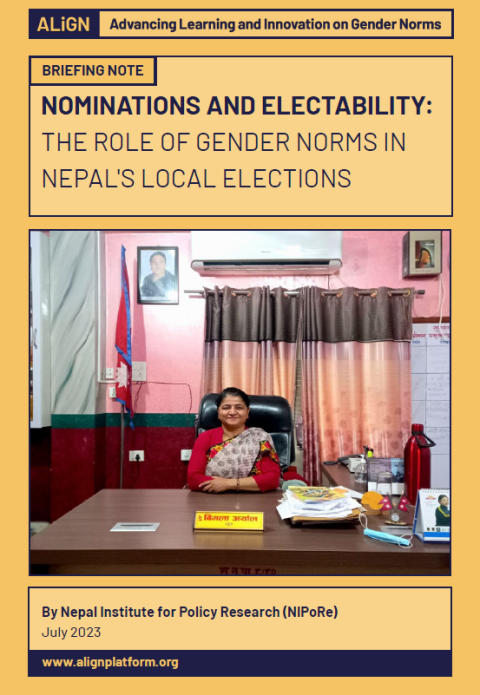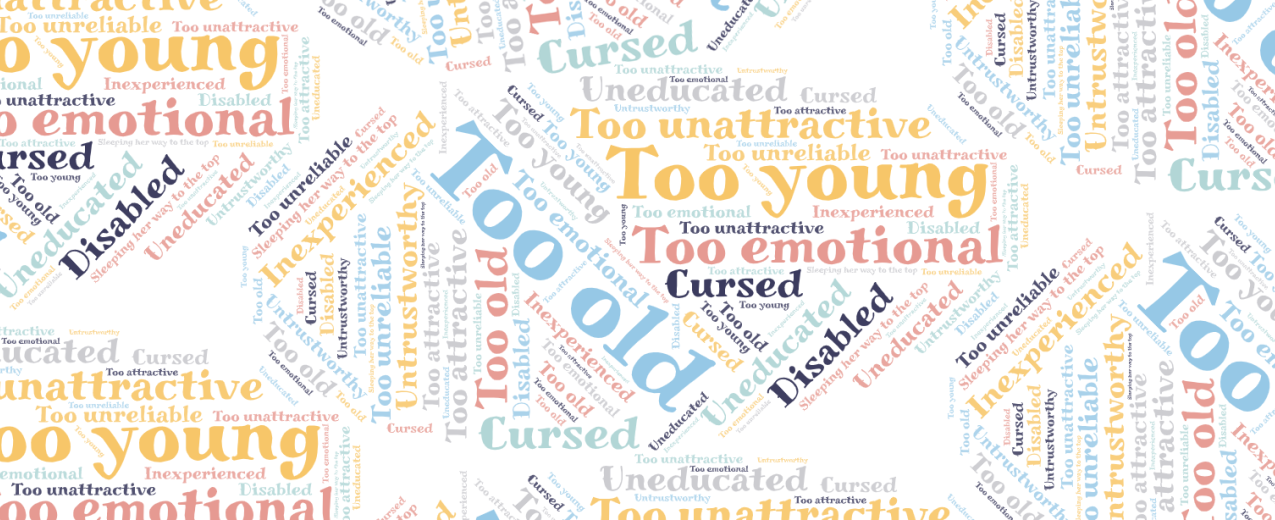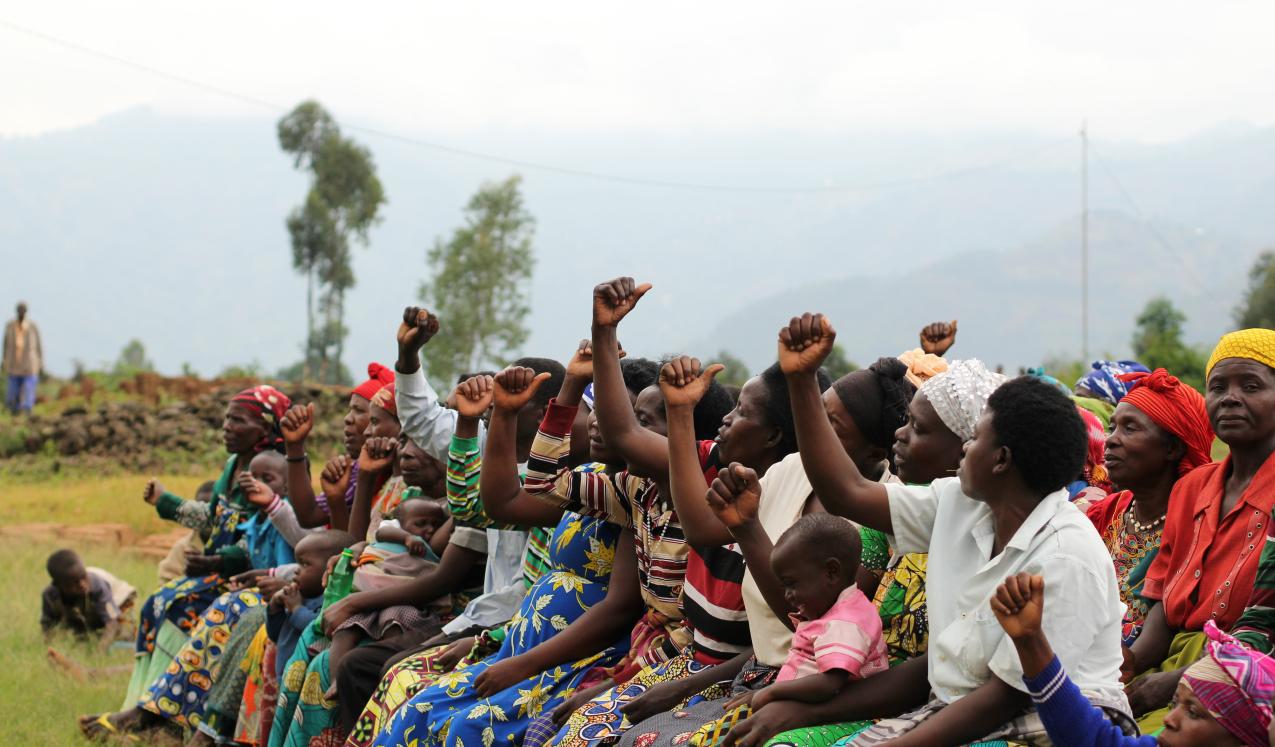
Micro-grants funding round 4: women in local governance
Seven research projects have been awarded a micro-grant of up to £20,000 which have been used over nine months from September 2022.
For this round of funding, grantees are conducting research to understand how gender norms shape women’s engagement with, influence over, and experiences in local governance institutions and decision-making processes and how they can be transformed.
Small-scale projects have been funded to initiate or build on existing research and practice, to communicate knowledge and experiences, and to inform future action.
Fund-awardees
Nepal Institute for Policy Research (NIPoRe)
Nominations and electability: the role of gender norms in Nepal's local elections
Mixed method research which compares the results of two rounds of local elections to measure the winning chances of women in competitive constituencies compared to the winning chances of men. It tests the hypothesis whether women are less electable than men and will shed light on the role of gender norms in the nomination processes to identify potential factors limiting women’s representation.
Janaki Women Awareness Society (JWAS)
Gender norms in local government: how they shape engagement for women leaders in Nepal
Qualitative research with women leaders from all provinces of the country who served in local government until 2022 and other key stakeholders shaping their experiences in office. The project documents their experiences to identify strategies to improve women’s participation and support the new generation of councillors who entered politics in 2022 local elections.
ShePersisted and Fundacion Multitudes (Peru)
Women in politics: The impact of social media on Peruvian congresswomen
Project seeks to understand how the internet and social media platforms are shaping the experiences of women in politics at different levels and with various intersectional identities in Peru, and in turn how that discourse entrenches, shapes or transforms the prevailing norms and perceptions about women’s political leadership and participation.
Nehanda Centre for Gender and Cultural Studies
Women in politics in Zimbabwe: how gender norms are fueling online violence
Mixed method research, including a netnography, explores how gender norms work in cyber-space for women politicians in Zimbabwe, which has highly controlled internet and social media political space. It will shed light on women’s use of online spaces for politicking, as well as experiences of GBV and their protection through data protection laws.
TechVillage Innovation Hub
Experiences of female traditional leaders in Zimbabwe: an intersectional analysis
Qualitative research which focuses on traditional political leadership and the gendered experiences of small number of women chiefs in three provinces of the country. It fills an important gap in the literature on women’s representation that has focused mostly on political institutions as understood in western democratic contexts.
The development Research and Projects Centre (dRPC)
Gender norms, media narratives and women in appointive positions in Nigeria
Mixed-method research with focus on understanding of gender norms, male biases and perceptions that shape women’s selection for appointive positions in various ethno-political zone of the country. Its focus on appointed offices fills gaps in the literature, which tends to analyse elected representatives.
Deaf Women Included (DWI) in partnership with Local Development Research and Advocacy Trust (LODRAT)
Local governance in Zimbabwe: inclusion and participation of women with disabilities
Interviews-based research that will study the experiences of women with disability, which is an under-researched group of women in the country and globally. It will provide an in-depth mapping of intersectional norms that shape their experiences, as well as their protections, support, and strategies to overcome barriers they face.
2 November 2020
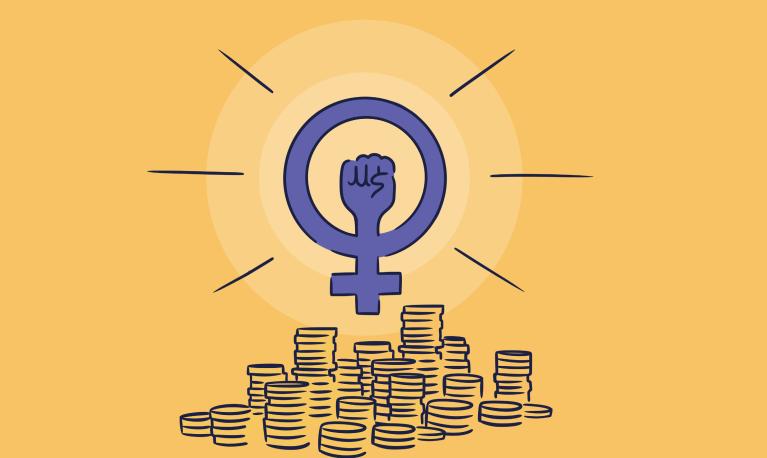
Report
21 October 2024
Published by: ALIGN
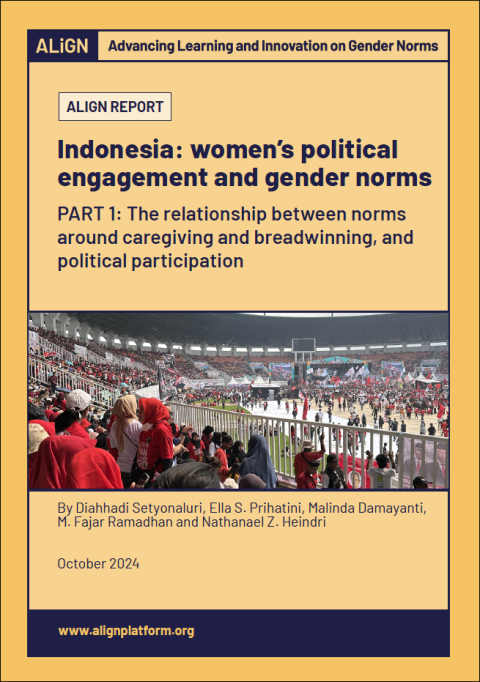
27 April 2022

9 June 2021
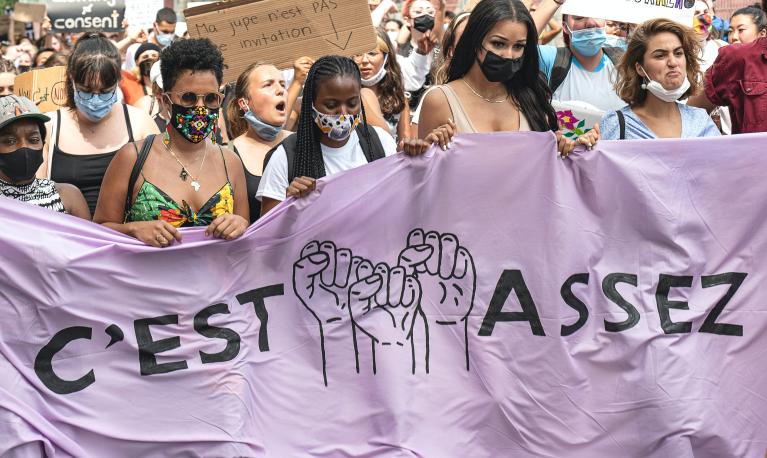
11 February 2019
Briefing paper
30 October 2023
Published by: ALIGN, development Research and Projects Centre
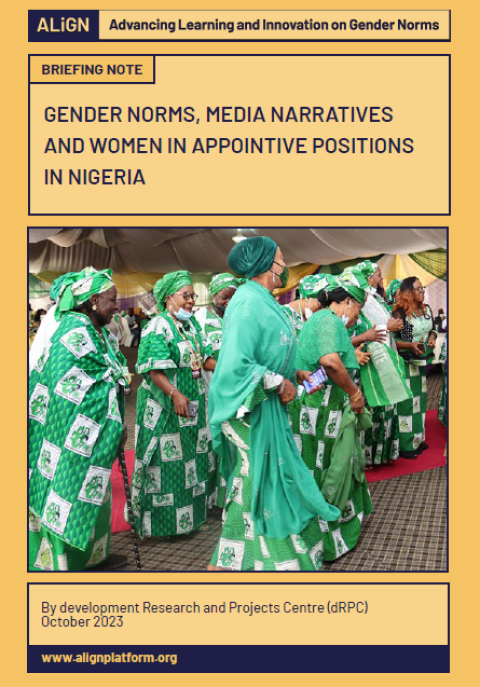
Briefing paper
16 October 2023
Published by: ALIGN, Janaki Women Awareness Society

Briefing paper
2 October 2023
Published by: ALIGN, Nehanda Centre for Gender and Cultural Studies
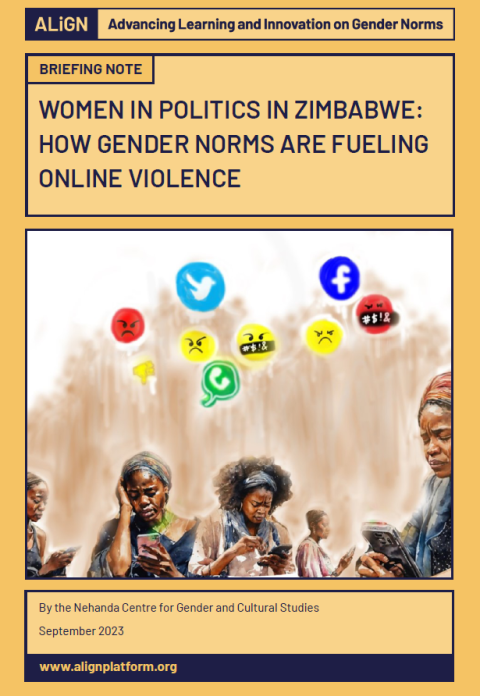
Briefing paper
2 October 2023
Published by: ALIGN, Deaf Women Included, Local Development Research and Advocacy Trust
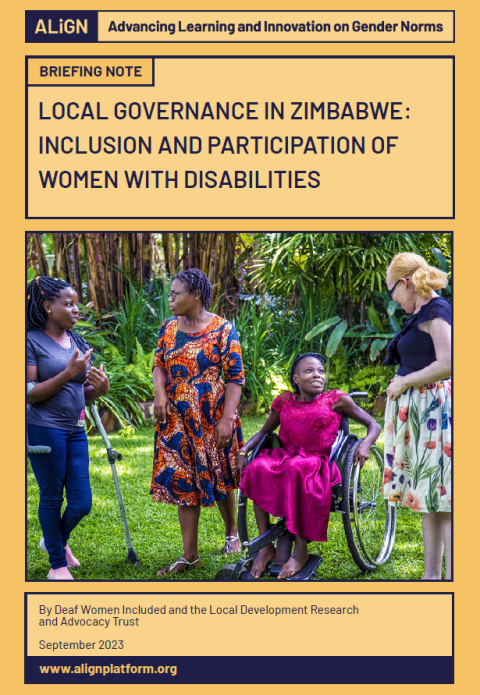
Briefing paper
26 September 2023
Published by: ALIGN, TechVillage

Briefing paper
21 September 2023
Published by: ALIGN
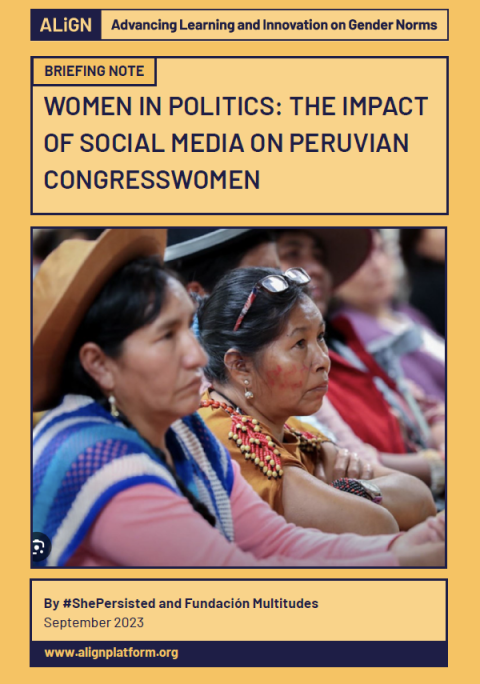
Briefing paper
13 July 2023
Published by: ALIGN
